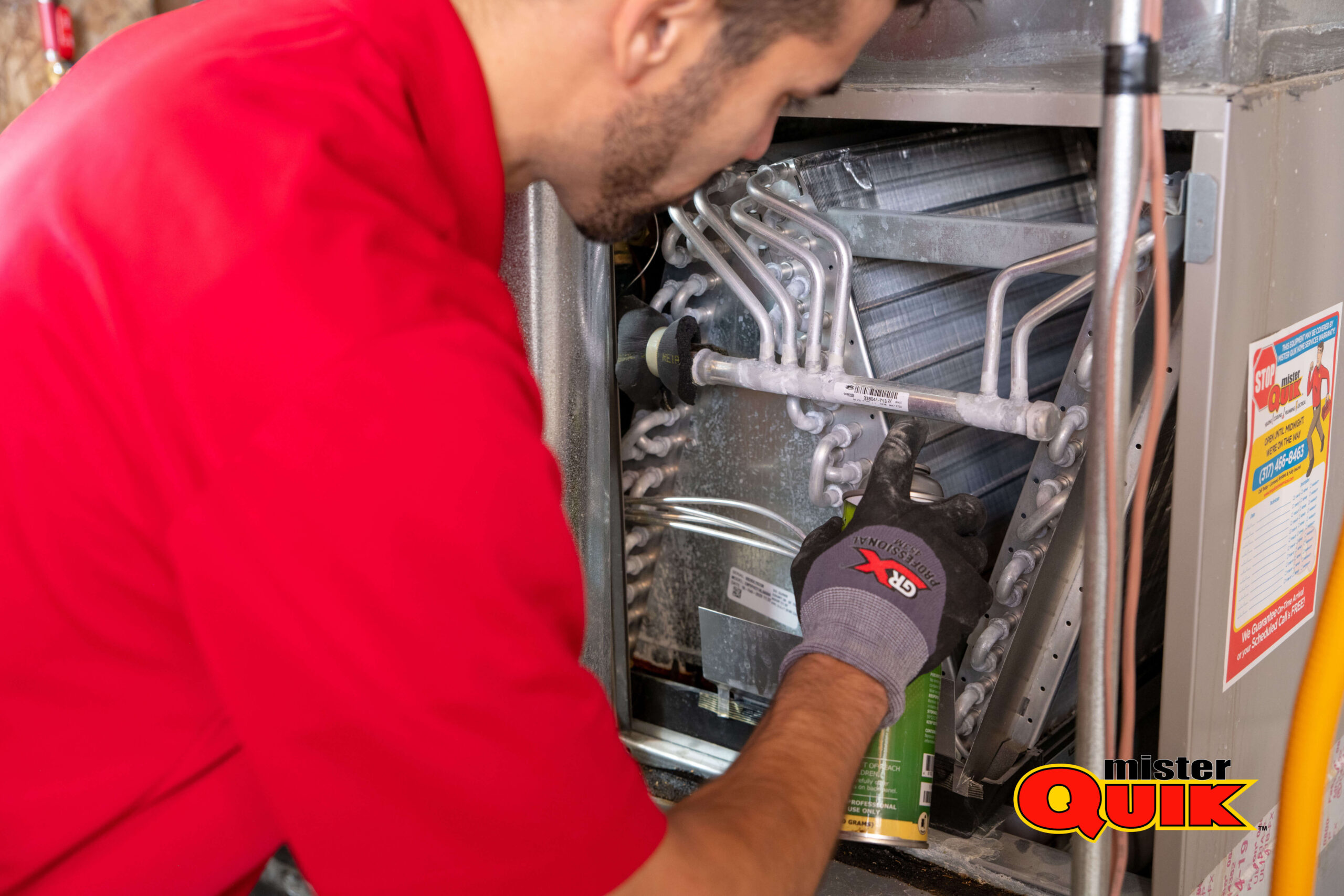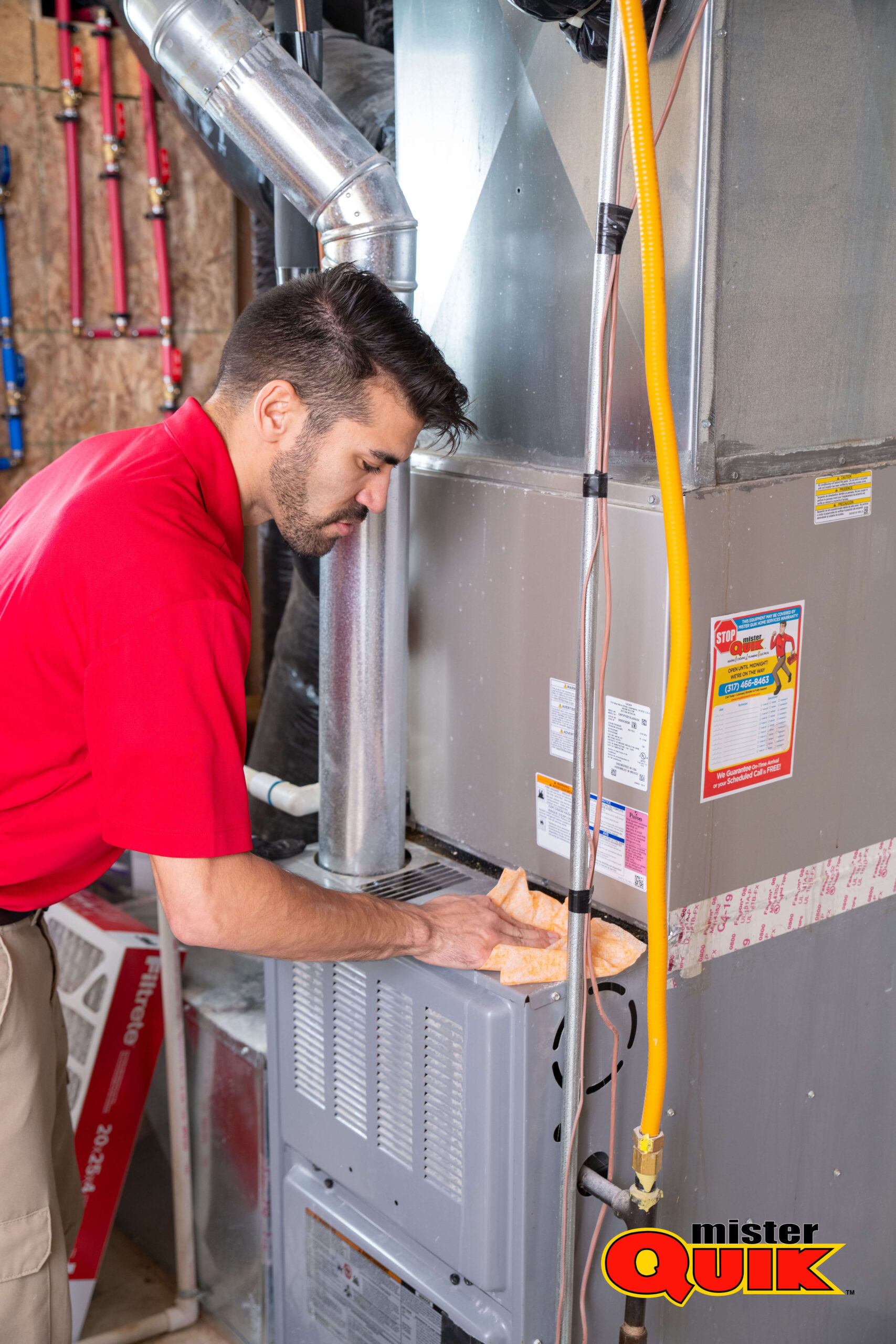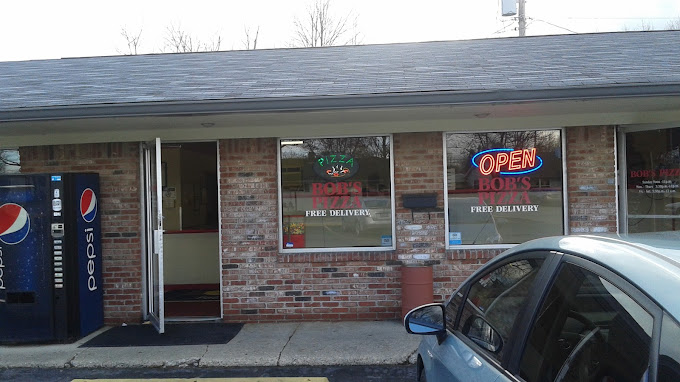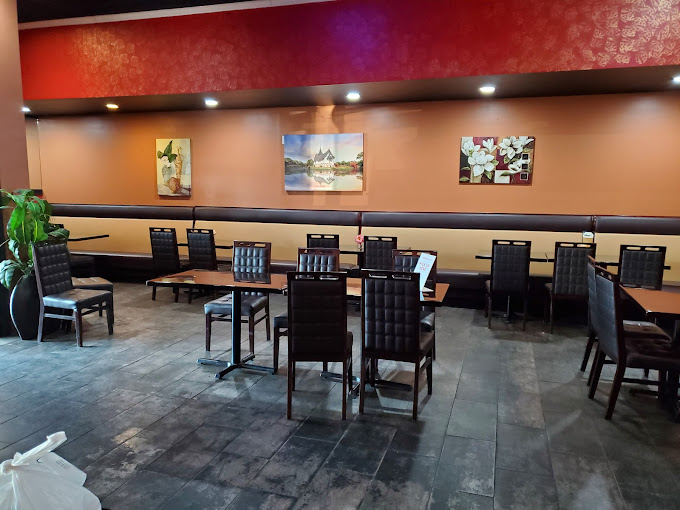Heat Pumps Greenwood
Schedule on your own without making a call. Click the button below to get started!

Heat pumps benefits
As the quest for sustainable living intensifies, heat pumps have emerged as a beacon of hope, offering a trifecta of comfort, savings, and environmental stewardship. These innovative systems redefine the way we heat, cool, and purify our homes, harnessing renewable energy sources to create a healthier and more efficient living environment.
Here are the benefits of heat pumps:
- Efficiently heat homes in winter, cool them in summer, and regulate indoor air quality throughout the year.
- Filter out allergens and pollutants, creating a healthier living space for you and your family.
- Enjoy peace and tranquility with quiet operation and minimal maintenance requirements.
Ready to experience the transformative benefits of heat pumps for yourself? Take the first step towards a more comfortable, efficient, and sustainable home by exploring your options and investing in a heat pump today. Join the movement towards a greener future while enhancing your quality of life.
Choosing a heat pump in Greenwood
Since temperatures can soar during the scorching summer months and winters can be chilly, selecting the right heating and cooling system is paramount for homeowners. In recent years, heat pumps have gained popularity as a versatile and eco-friendly solution, offering a myriad of benefits tailored to the specific needs of Greenwood residents.
Evaluate the climate in Greenwood to ensure that the chosen heat pump can effectively handle both the hot summers and chilly winters characteristic of the region.
Proper sizing of the heat pump is crucial to ensure optimal performance and energy efficiency, taking into account the size and layout of the home.
Choose reputable HVAC providers in Greenwood who offer professional installation and maintenance services to maximize the longevity and efficiency of the heat pump.
Explore available rebates, tax credits, and incentives for energy-efficient upgrades, making the transition to a heat pump more financially feasible for Greenwood homeowners.
If you’ve been maintaining your heating system, it can last for 10-15 years. At around the 10-year mark, however, it’s likely that you’ll begin to see a less efficient system that is less effective keeping you warm over the winter and cool over the summer.
The installer will link the indoor air handlers to the outdoor unit, with copper lines for refrigerant and electrical lines for power. If you’re replacing an older heat pump or AC, the installer should still use a new line set. If needed, line set covers and condensation drain lines are installed.
You can replace a heat pump and not the other components, but the new unit must be compatible with the rest of your system. However, it’s not recommended because if you mix and match, the new unit won’t give you the right performance or efficiency.
Installing a heat pump is straightforward but does require many steps. Still, between preparation and clean-up, it’s best to hire a professional to install a heat pump.
On average, heat pump installation ranges from about three to four hours. If your heat pump installation includes new ductwork, that may take a full day.
Installation of a Heat Pump in Greenwood
In Greenwood’s climate, where temperatures vary greatly, installing a heat pump offers an efficient solution for both cooling and heating needs. Here’s a brief overview of the installation process:

Consider factors like home size, climate, and specific needs to select the appropriate type of heat pump: air-source, ground-source, or ductless mini-split.
Professionals assess your property to determine the best location for the heat pump unit and make necessary adjustments.
HVAC experts handle the installation, ensuring proper sizing, correct placement, and compliance with safety and building codes.
Electrical and plumbing connections are made to power the unit and facilitate heat transfer (for ground-source systems).
Thorough testing ensures optimal performance, including checks for airflow, refrigerant levels, and overall system functionality.
Homeowners receive training on operating and maintaining the system, with regular maintenance crucial for longevity and efficiency.
Choosing the perfect heat pump
Finding the ideal heat pump requires understanding your needs. Consider your home’s size, insulation, budget, and preferred features. Consulting local HVAC professionals is crucial for expert recommendations and sizing assessments.

Indiana's average monthly electricity bill is $97.77, as per the U.S. Energy Information Administration (EIA). This can fluctuate based on seasonal usage, energy-efficient appliances, and the size of your home.

If you rely on natural gas for heating and cooking, the average monthly bill is around $67.73. This cost may vary depending on the efficiency of your heating system and the duration of usage.

Water bills in Indiana typically range between $25 to $60 per month, based on consumption and local rates. Implementing water-saving practices can help keep these costs in check.
Heat Pump Installation Specialists in Greenwood
Greenwood boasts skilled HVAC professionals equipped to handle your heat pump installation seamlessly. Seek licensed and insured companies with experience specific to heat pumps and local climate considerations.
1. Size of the Property:
The size of your home or building directly impacts the size and capacity of the heat pump needed, affecting installation costs.
2. Type of Heat Pump:
Different types of heat pumps, such as air source or ground source, have varying installation costs based on their complexity and requirements.
3. Existing Infrastructure:
The condition of your existing HVAC system and ductwork can affect installation costs. Upgrading or modifying existing infrastructure may incur additional expenses.
4. Energy Efficiency Ratings:
- Higher efficiency heat pumps typically come with a higher initial cost but can lead to long-term savings on energy bills.
- Consideration of energy efficiency ratings influences the overall installation cost.
5. Accessibility and Location:
- Ease of access to the installation site and local permitting requirements can impact installation costs.
- Additionally, geographic factors in Greenwood may affect the type of heat pump recommended, such as ground source heat pumps being more suitable in certain areas.
Contact an HVAC Professional in Greenwood
Ready to embrace sustainable comfort? Contact a reputable HVAC professional today. Discuss your needs, gather information, and schedule a consultation to start your journey towards a more efficient and eco-friendly home.
Remember, this content serves as a starting point. Further research and consultations with local professionals are crucial for making informed decisions specific to your situation.
Availability of local or federal incentives, tax credits, or rebates for installing energy-efficient heat pumps can offset installation costs.
Opting for extended warranties or maintenance plans may increase the upfront cost but can provide long-term peace of mind and potentially reduce future repair expenses.
Optional features like programmable thermostats, zoning systems, or ductwork modifications can add to the overall installation cost.
Labor costs vary based on local labor rates, the complexity of the installation, and the experience of the HVAC contractor performing the installation.
Ease of access to the installation site and local permitting requirements can impact installation costs.
By implementing these energy-efficient measures, you can significantly reduce your heating costs and enjoy a more comfortable living environment.
- Thermostat: Ensure it’s set to the correct mode (heat or cool) and desired temperature. Check batteries if applicable.
- Power: Verify the unit is receiving power and breakers haven’t tripped.
- Indoor unit: Confirm air vents are open and unobstructed by furniture or debris.
- Outdoor unit: Clear any leaves, branches, or snow blocking airflow around the unit.
- Cleanliness: Replace or clean the air filter every 1-2 months, especially during peak usage.
- Placement: Ensure the filter is properly installed and facing the correct direction.
- Outdoor unit: If ice is present on the coils, turn off the unit and allow it to melt naturally. Never attempt manual ice removal since this could damage your system.
- Frequent icing: Contact a technician to investigate potential refrigerant leaks or defrost system issues.
- Insufficient heating/cooling: Check thermostat settings and ensure no blocked vents/airflow restrictions. If persistent, consult a professional.
- Unusual noises: Strange sounds might indicate loose parts, worn bearings, or other mechanical issues. Contact a technician for diagnosis.









